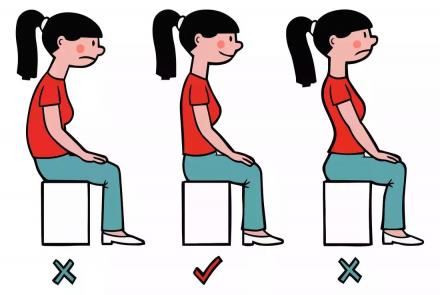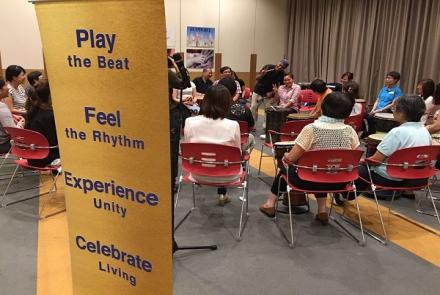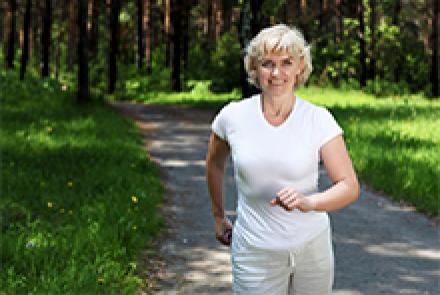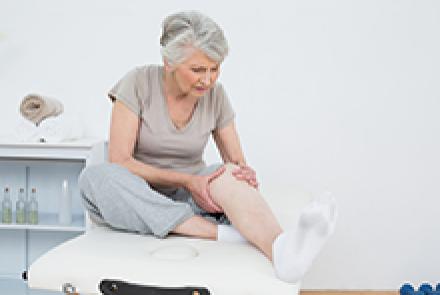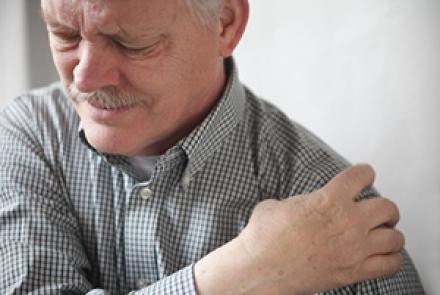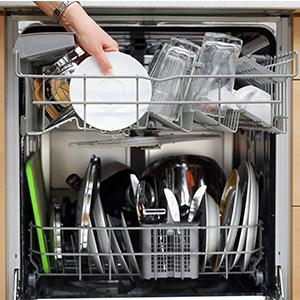
Dr S M Akerkar, Consulting Rheumatologist, offers some useful tips for people with arthritis to get work done at home the easier way and to minimize the load on the joints. This is the second of the 2-part series.
In the first part we read useful day to day tips on arranging the kitchen to make it easier for people with arthritis to continue to function.
How to arrange your kitchen if you have arthritis?
Use shelves with 'easy to remove' features.

Drawers mounted on rollers put less stress on the joints.


Never use cooking utensils with a single handle. The entire weight has to be taken up by a single wrist joint.

Rather, use a utensil with two handles. This distributes the weight onto both wrist & hand joints.

Never use a tong to lift a cooking utensil.

The above techniques and utensils help spread the weight of the utensil over multiple joints rather than a single joint.
The utensils should have a non slip handle with easy grip.
Use utensils with a teflon coating. They have non stick surface and are easier to clean and wash.

Instead of using one hand, use both the hands. This spreads the load onto multiple joints instead of one joint.

Keep as much of the palm in cotact with the pan/ kettle as possible. This spreads the load over a wider area.
Note the thumb grip.

A cup with a small handle pushes the fingers in a cramped up position. This leads to pressure on the joints & consequent pain.

Always use a cup/kettle with a larger straighter handle. This provides a comfortable grip and avoids cramping of fingers.

How to arrange your kitchen—taps
Avoid the routine taps. They have to be turned using the wrist and hand joints. This can cause a lot of pain in these joints.

Rather, use taps with a long handle and leverage mechanism. This can be turned with a gentle push.

Alternatively, you can fit tap turners onto your routine taps. These tap turners will make turning the tap much easier and less painful.
How to mop floors
Never use the routine broom and mops to clean the floor. You have to bend for using the routine broom.
Rather, use sponge mops with a long handle. The long handle,obviates the need to bend.

Dr S M Akerkar is a Consulting Rheumatologist at Mumbai Arthritis Clinic & Research Center. The above article is taken from Dr Akerkar’s Blog, the links of which are provided below.
http://www.arthritissupportboard.com/Arthritis_friendly_kitchen.aspx
http://www.arthritissupportboard.com/How-to-arrange-your-kitchen-mopping-if-you-have-arthritis.aspx
http://www.arthritissupportboard.com/How-to-arrange-your-kitchen-taps-if-you-have-arthritis.aspx

